Legal and Ethical Issues in Behavioral Health in Wisconsin – Daniel Icenogle (Digital Seminar)
Description:
A better understanding of your ethical and legal obligations can not only help you provide more effective treatment to your clients, but can help you avoid costly mistakes. This seminar will provide you with the necessary tools to avoid a wide range of ethical and legal pitfalls.
Watch attorney and emergency department physician Daniel L. Icenogle for an entertaining and enlightening day and leave with a greater understanding of the latest Wisconsin law as it relates to mental health. You will take home practical strategies to minimize and manage legal and ethical risks and you will learn how to immediately implement these risk reducing strategies into your practice.
If you purchase only one seminar this year, make it this one.
Outline:
Confidentiality of Mental Health Records
- Interaction of State Mental Health and Federal AODA Privacy Laws
- Patient Access
- Release With Authorization
- When and to Whom Records Can Be Released
- Psychotherapy Notes
- What Are They?
- Who Controls Them?
- Disclosure Without Authorization
- Permitted Disclosures for Treatment
- Permitted Disclosures for Other Reasons
- Mandatory Disclosures
- HIV Records
Subpoenas, Court Orders, Testimony, and Law Enforcement
- Subpoenas
- Different Types of Subpoenas
- What Do You Have to do?
- Limitations on Subpoenas
- Court Orders
- Court Orders for Records
- Court Ordered Examinations
- Search Warrants
- Providing Testimony
- Therapist Privilege
- Depositions
- Trial Testimony
- Law Enforcement
- Authority to Obtain Information
- Investigations
- Areas of Uncertainty
- Disclosure of Impending Discharge
- Disclosure of Treatment of Certain Injuries
Voluntary and Involuntary Mental Health Commitments
- Grounds for an Involuntary Commitment
- Threat to Others
- Threat to Self
- Procedures
Balancing the Rights of Minors
- Mental Health Records and the Rights of Minors
- Rights of Minors to Refuse/Consent to Treatment
- Access to Records
- Rights of Minors to Control Access to Their Records
- Alcohol, Drug Abuse and Treatment Issues for Minors
- Parental Rights
- Divorce Issues
- Custodial vs. Non-Custodial Parents
- Foster Parents
- Adoptive Parents
- Educational Health Records and FERPA
- Emancipation
- Minors and Medical Treatment
Professional Boundary Issues
- Boundary Issues: Therapeutic
- The Dual Relationship
- Special Issues for Rural Providers
- Social Media
- Boundary Issues: Civil Liability
- Boundary Issues: Regulatory Issues
- Process and Procedure
- Telehealth and Teletherapy
NLP online course
So what is NLP?
NLP stands for Neuro-Linguistic Programming. Neuro refers to your neurology;
Linguistic refers to language; programming refers to how that neural language functions.
In other words, learning NLP is like learning the language of your own mind!
NLP is the study of excellent communication–both with yourself, and with others.
It was developed by modeling excellent communicators and therapists who got results with their clients.
NLP is a set of tools and techniques, but it is so much more than that.
It is an attitude and a methodology of knowing how to achieve your goals and get results
Preview Information:
Original Page
Archive Page
More Course: NLP – HYPNOSIS – PHILOSOPHY
Outstanding Course:


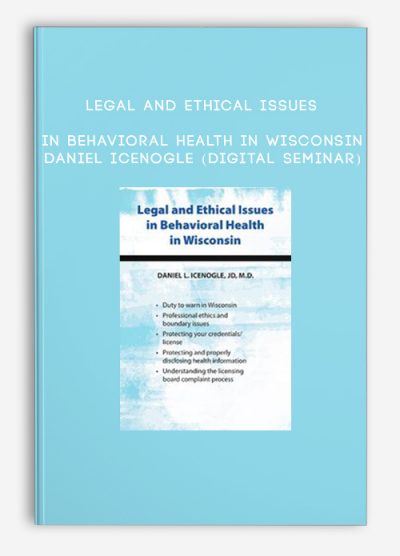
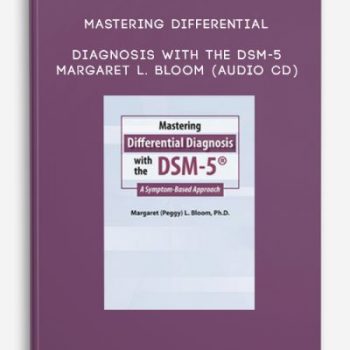

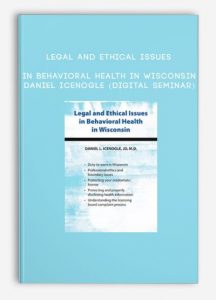
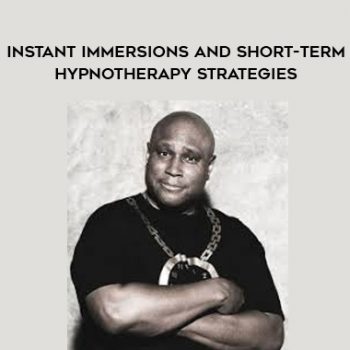



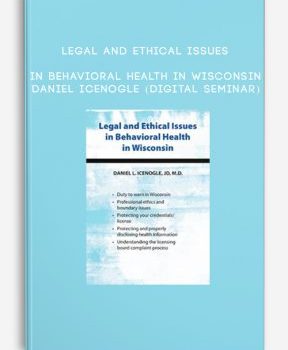

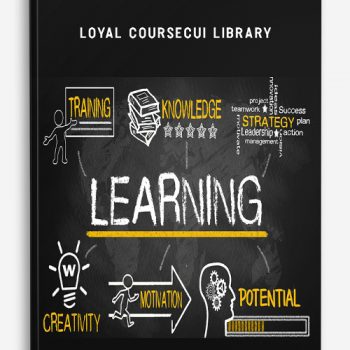
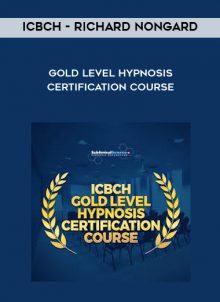
Lord –
This is Digital Download service, the course is available at Vincourse.com and Email download delivery.